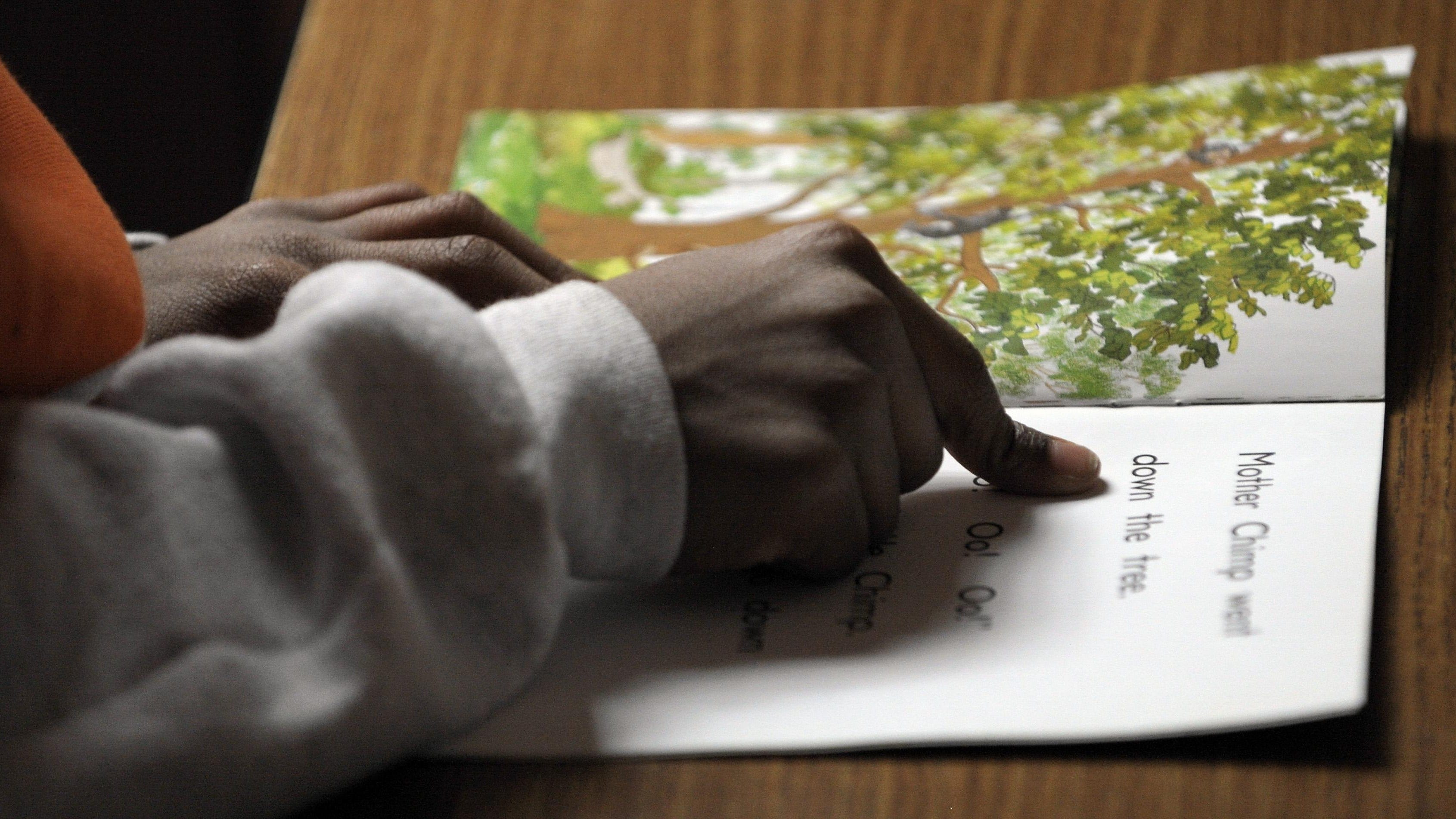Editorial: Fight Detroit illiteracy in classroom, not court

Reading is the gateway to a successful life, and it’s one of the fundamental skills children should learn in school. But many kids, especially in Detroit, aren’t gaining that basic building block. This is a shortfall that must be addressed in the classroom, however — not the courtroom.
A federal lawsuit filed in 2016 on behalf of several Detroit students and their families had sought to prove a constitutional right of access to literacy. Late last month, U.S. District Judge Stephen J. Murphy III dismissed the case.
But the California law firm, Public Counsel, representing the Detroit students isn’t giving up and has recently begun to appeal the decision, which would go before the U.S. Sixth Circuit Court of Appeals.
Students sued the state of Michigan because they said their school conditions were so bad and that their resources were such that learning was next to impossible. The lawsuit also sought to use the 14th Amendment equal-protection clause to prove that the students were being denied equal access to a good education, compared to their largely white, more affluent peers in the suburbs.
Murphy had rejected those claims, ruling that literacy is not a fundamental right. And he said the plaintiffs didn't prove the state was directly responsible for conditions in the schools.
Lawyers for the state argued that while literacy is important, it is not a constitutional right and involving the courts could serve as a detriment to the “democratic control of schools.”
That’s a good point.
Detroit illiteracy is a huge concern. The nonprofit literacy organization Beyond Basics works in Detroit schools and claims 93 percent of the 50,000 children in the Detroit Public Schools Community District can’t read or are years behind. And national test scores back that up. In 2017, just 5 percent of the district’s fourth graders scored at or above proficient in reading.
DPSCD Superintendent Nikolai Vitti is well aware of the reading challenges in his district, which he’s overseen for the past year. And he’s begun important work to rebuild the district’s reading curriculum and train teachers to better instruct struggling students.
This is the kind of effort that’s essential to helping children learn to read.
Mark Rosenbaum is the lead attorney representing the students, and he says Murphy got it wrong in his dismissal of the case. “Historically, denial of access to literacy has been a tool of unlawful discrimination used in an attempt to stigmatize, disenfranchise, and otherwise hold back certain communities,” he said in a statement.
Public Counsel likely wants to push this case to the U.S. Supreme Court to force the issue of a constitutional right of access to literacy. A 1973 Supreme Court decision found there is no constitutional right to an education, so this lawsuit would challenge that precedent.
Federal courts have been hesitant to intervene in local school decisions, and that’s probably going to hold true in this case, too.
Vitti and state officials should keep focusing on what they can do to boost literacy among schoolchildren. This lawsuit isn’t the answer.